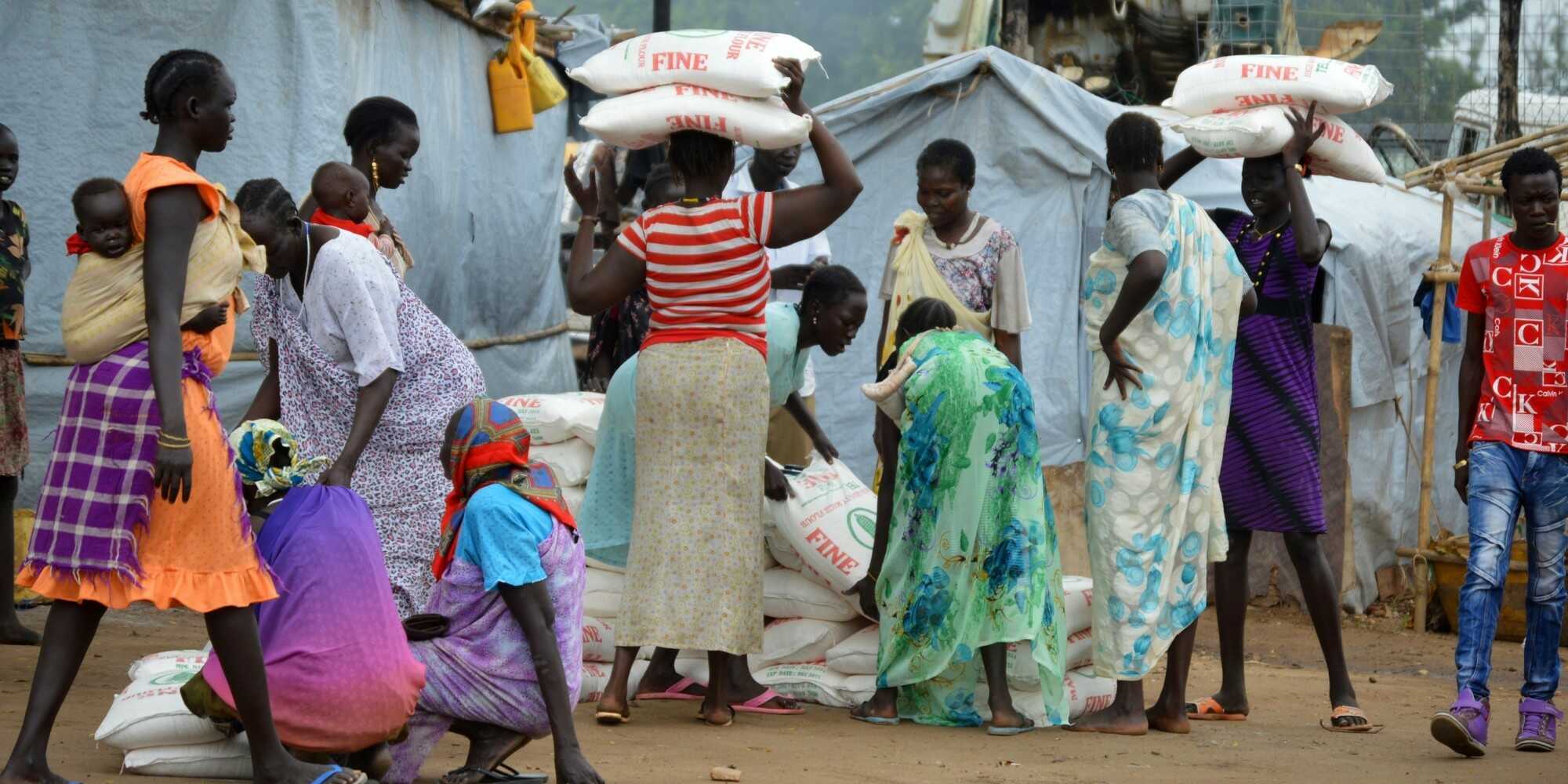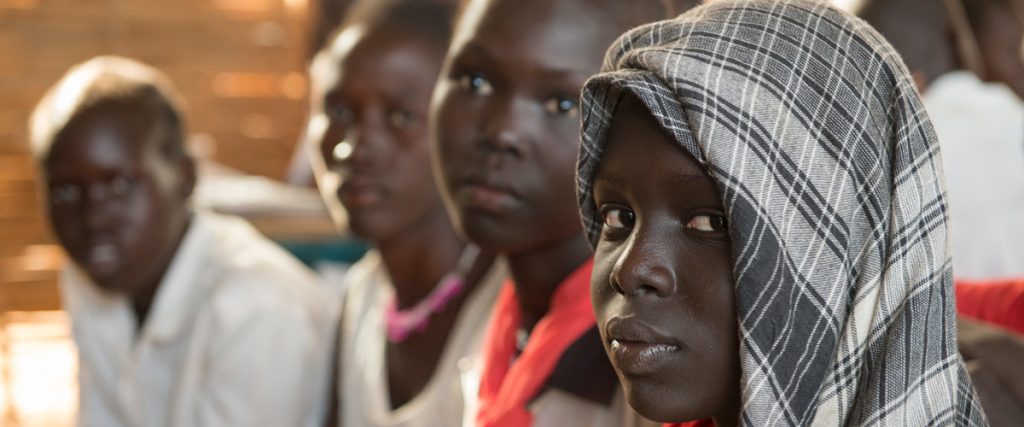With the unrelenting violence in places such as South Sudan and Somalia, the world seems to have overlooked the people of Sudan’s Nuba Mountains, where for several years President Omar al-Bashir waged war against his own people.

A few years ago on a near-daily basis, Russian-made Antonov planes bombed unarmed civilians, injuring and killing them, as well as burning small, thatched-roof houses and crops that would have fed the Nuba people in this remote region.
Most of the medical staff of international aid agencies left the mountain region, but one doctor stayed.
Dr. Tom Catena, who came from upstate New York, is a surgeon, pediatrician and an obstetrician-gynecologist at Mother of Mercy Hospital, which is the only major hospital in the Nuba Mountains for hundreds of kilometers. He first trained in Kenya before landing in Sudan’s South Kordofan state.
Catena does what he can to save the lives of hundreds of men, women and children caught up in the battle between President Bashir and Sudan People’s Liberation Movement-North, rebel fighters who fought alongside South Sudanese secessionists.
Catena’s story is being told to the world by a close friend from Brown University, filmmaker Ken Carlson.
“I found out that he was in great need in the Nuba Mountains five-six years ago, in need of aid. We raised $102K ($102,000), put a truckload together of vaccines and supplies and I realized it was a great story to tell,” Carlson told VOA’s South Sudan in Focus.
That visit eventually resulted in a documentary, The Heart of Nuba, which Carlson has been showing around the United States and abroad to raise money for Mother of Mercy Hospital. To date, the screenings have pulled in $500,000, according to Carlson.
From engineer to humanitarian
“I turn to my brother Felix and I’m like, ‘Felix, I should go to medical school.’ He’s like, ‘Tom, what are you talking about? You’re an engineer. What are you talking about?’ And I said, ‘No, I think I should do it,'” Catena said in the film.
The documentary captures Catena, who awakens each day at 5:50 a.m. without an alarm, marches to the chapel where he says a rosary, drinks tea, then walks straight to the hospital for another long day. In one scene, Catena tends to a man who has just had his nose blown off by shrapnel.
Carlson said of Catena, “He’s furious! These families are being destroyed for no reason.”
The documentary was shown Oct. 20 at the National Cathedral in Washington, D.C., for a screening that drew dozens of donors, activists and Diaspora.
“Seeing the kids running from the Antonovs and then jumping in one hole to hide. That’s what I used to do,” Nyoke told South Sudan in Focus.
Sudanese nurse Nasima Catena, who is married to Tom Catena, described what it’s like to be in the operating room when you come under attack.
“No one comes out, but people always run to the foxhole with patients who are able to go, who are able to run,” Catena said.
In January, President Bashir signed a four-month cease-fire with the SPLM-North rebels, but rebel ground attacks continue in the area. The International Criminal Court charged Bashir with war crimes and crimes against humanity in 2009 and 2010, but he has eluded arrest.
Carlson said The Heart of Nuba has more screenings coming up in Los Angeles, New York, Miami and several U.S. universities, including Princeton, Columbia and Duke.

